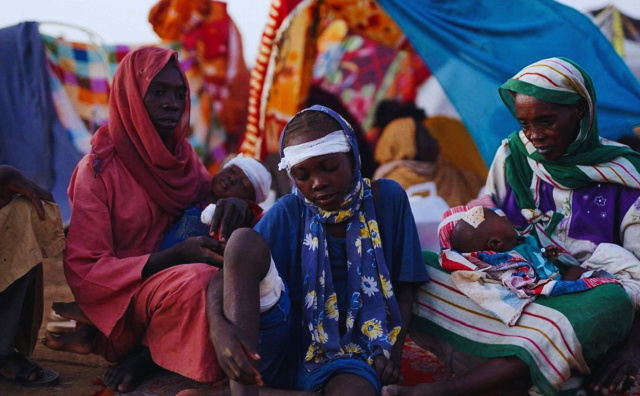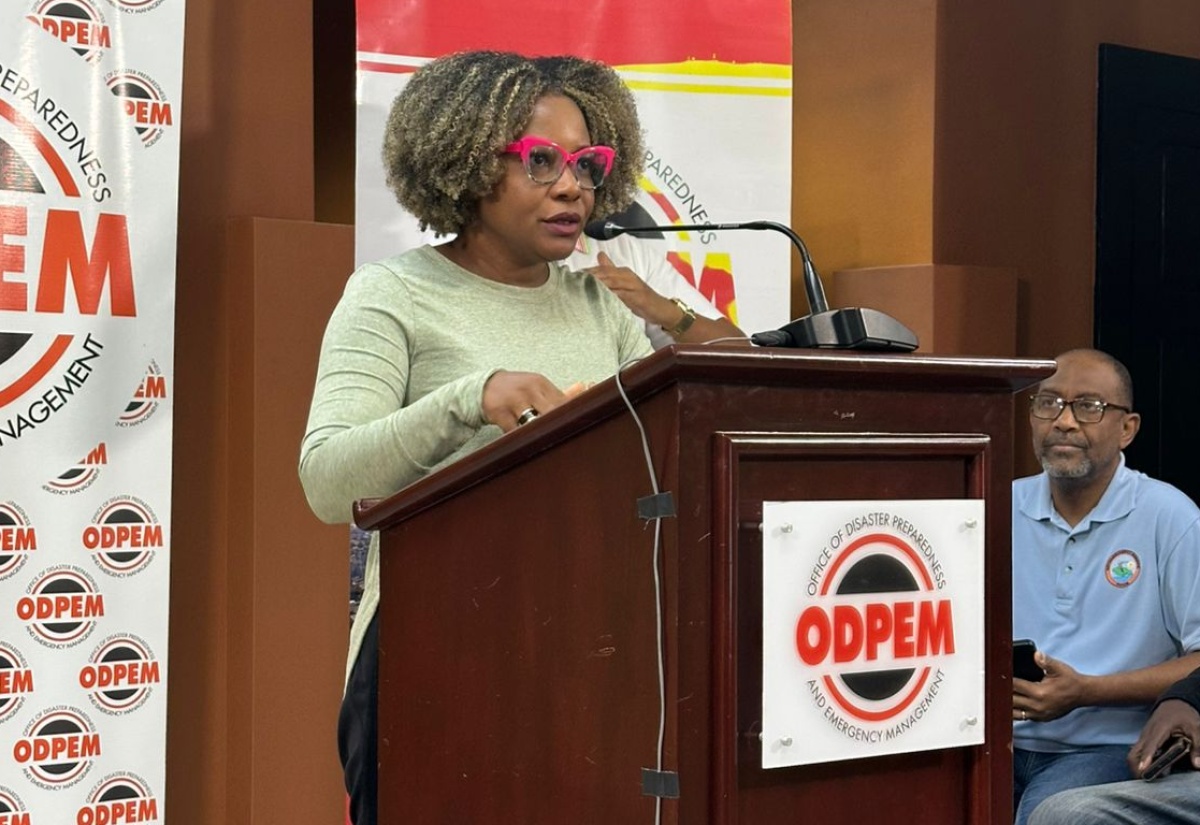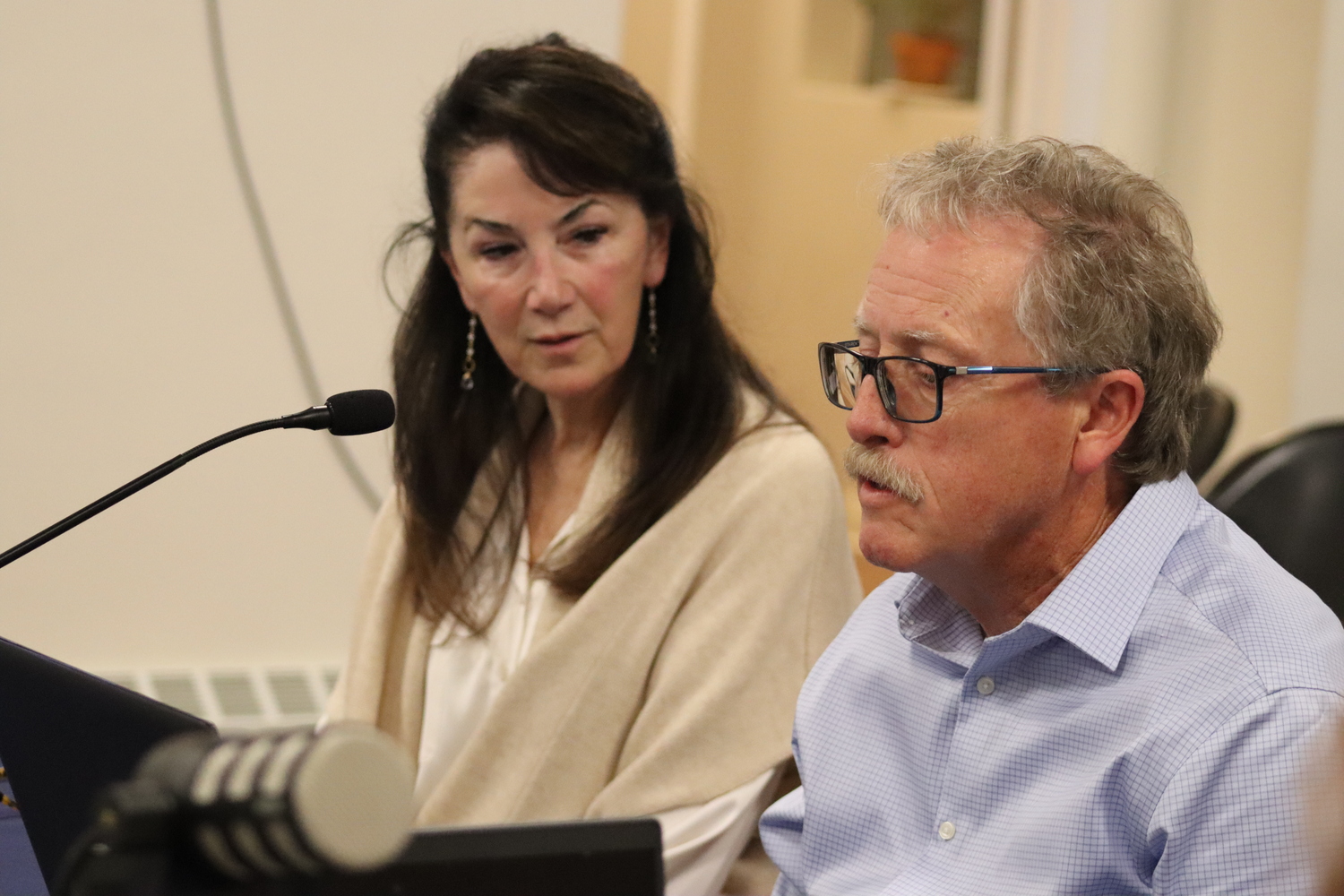Copyright novinite

Reports from Sudan indicate that hundreds of civilians, patients, and medical staff have been killed inside a hospital in El Fasher, as evidence of atrocities by the Rapid Support Forces (RSF) continues to emerge. The World Health Organization (WHO) and the Sudan Doctors Network confirmed that the RSF carried out a massacre at the Saudi maternity hospital shortly after seizing control of the city. WHO Director-General Tedros Adhanom Ghebreyesus said he was “appalled and deeply shocked” by reports that more than 460 people were killed, while the Sudan Doctors Network stated that RSF fighters “killed in cold blood everyone they found inside the hospital.” The paramilitary RSF took control of El Fasher, the last major city in Darfur not under its authority, following intense fighting against Sudan’s army. The two sides have been at war since April 2023, when tensions between army chief Abdel Fattah al-Burhan and RSF commander Mohamed Hamdan Dagalo, known as Hemedti, erupted into full-scale conflict. The war, which began in Khartoum, has spread across the country, displacing millions and killing at least 150,000 people. After the army recaptured the capital in March 2025, it maintained control of much of the north and east, while the RSF consolidated its grip on western and southwestern regions, including all five capitals of Darfur. El Fasher, once home to more than a million people, had been besieged by the RSF since May 2024. The humanitarian situation had already reached catastrophic levels after famine was declared in the nearby Zamzam displacement camp, where 500,000 people lived. In April 2025, the RSF reportedly killed as many as 2,000 civilians when it overran the camp. Experts had warned that the fall of El Fasher would likely mirror the RSF’s 2023 assault on Geneina, where up to 15,000 civilians, mostly from non-Arab groups, were massacred. The RSF, which emerged from the Janjaweed militias responsible for the Darfur genocide two decades ago, has long been accused of ethnically motivated violence. In January, the United States formally designated the group’s actions as genocide. According to the Joint Forces, a coalition aligned with Sudan’s army, over 2,000 unarmed civilians have been executed since the RSF’s capture of El Fasher. Hemedti acknowledged that “abuses” had occurred but claimed an internal investigation was underway, offering no details. Satellite analysis by Yale University’s Humanitarian Research Lab found what it described as “evidence consistent with mass killing” at multiple locations across the city, including near the Saudi hospital and an RSF detention site in a former children’s hospital. Images from October 27 and 28 showed new clusters of white objects, believed to be bodies, and reddish discoloration on the ground. The lab also identified signs of systematic executions along the city’s eastern defensive walls. UN officials described the situation as “a large-scale atrocity” and warned of genocide risks. They cited credible reports of summary executions, mass sexual violence, and attacks on civilians attempting to flee. Around 177,000 civilians remain trapped inside El Fasher by an RSF blockade stretching 56 kilometres, cutting off food and medical supplies. Another 26,000 people have fled to Tawila, a displacement camp west of the city, bringing accounts of “indiscriminate killings” and “ethnically motivated violence.” Witnesses told the Associated Press that RSF fighters went door to door, shooting men, women, and children. Civilians were stripped of possessions, assaulted, or killed in the streets. One survivor described the city as “a killing field,” with bodies scattered everywhere and no one left to help the wounded. Many women reported being sexually assaulted, while others are believed to have died trying to reach safety through the desert. Experts say the fall of El Fasher marks a turning point in the war. The city is strategically vital, located at a crossroads linking key trade and smuggling routes from Libya and Chad, and serves as a political and logistical hub for non-Arab groups in Darfur. By taking it, the RSF now dominates nearly all of western Sudan and much of Kordofan, effectively partitioning the country. Analysts warn that the RSF’s control could solidify a paramilitary state built on coercion, looting, and control of aid networks. “The capture of El Fasher gives the RSF near-total dominance of western Sudan,” said Dr Matthew Sterling Benson-Strohmayer of the London School of Economics. “It’s transforming Darfur from a periphery of rebellion into the heart of a paramilitary state.” The RSF has already declared plans to form a rival government, raising fears that Sudan could split once again, as it did in 2011 when South Sudan became independent. Observers believe this latest violence could represent a “point of no return.” The massacre of civilians in El Fasher echoes earlier genocidal campaigns, deepening divisions and eroding prospects for peace. “All the warning signs for a genocidal massacre are flashing red,” said Alex de Waal, director of the World Peace Foundation. Sudanese analyst Kholood Khair noted that neither side seems willing to negotiate, as both are focused on military victory. “When one side suffers defeat, it seeks revenge; when one wins, it wants to press its advantage,” she said. “That has always been Sudan’s formula for endless war.”



